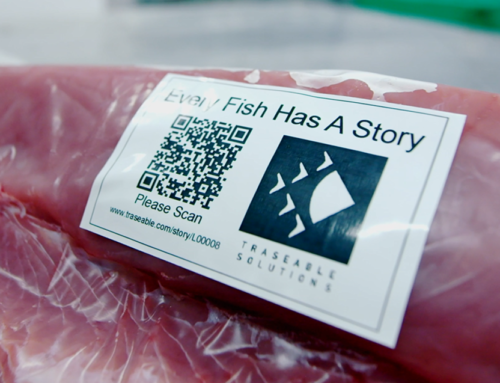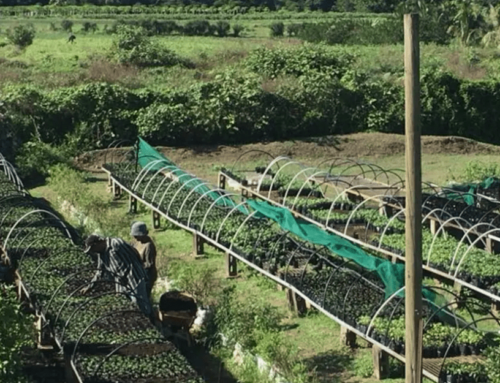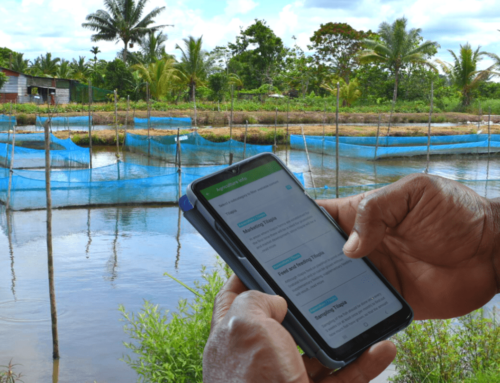SALT PartnerLab
Over a week ago we were in Bangkok to participate in the Seafood Alliance for Legality and Traceability (SALT) PartnerLab.
It was great to meet a fellow Pacific Islander from Kiribati at the PartnerLab! Tebeio Tamton is a Senior Verification Officer from from Kiribati Fisheries Competent Authority. Was also great to meet Mark Jones from FINNZ there too!
Overall, the PartnerLab was excellent for us as a young traceability technology company. It had participants from Government fisheries agencies, fisheries technology providers, together with NGOs and donor agencies.
Is Your Seafood Caught by Slaves?
There was quite a lot of good discussion on addressing issues of slavery on fishing vessels, giving a voice to fishing crew to reveal their working conditions, and to address ethical issues in recruiting people to crew fishing vessels.
Nobody likes to think that the tuna they are eating was caught on fishing vessels that used forced labour practices. Much like the fact that some of the clothes we buy or chocolates we eat have had some form of slave labour in their production.
This is why transparency in supply chains and traceability of products are important. If consumers knew with certainty and had a way to verify that products were indeed slave-free then perhaps they could choose to buy those products over others that didn’t provide that information.
Check out the clip below and the resources on the Ghost Fleet website.
Price is still King though
Another interesting topic that was discussed was the seemingly lack of demand for fully traceable products by consumers. It was noted that traceable products tend to sell for a premium on store shelves but consumer buying decisions are often made based on price.
Some suggestions to address this included:
- Focusing on retailers instead of consumers – retailers are more likely to be wary of reputational risks associated with stocking brands that have slave labour in their supply chains or are do not use ethical or sustainable means of production.
- Disincentivising non-traceable products – increasing taxes on non-traceable products could be a disincentive for importer and retailers. This could lead to these products being more expensive on store shelves and less appealing to consumers.
- Making traceable products the same price or cheaper than alternatives – incentivising transparent and traceable products through tax breaks could be one way of making them cheaper for consumers.
- Creating more awareness around transparency in food supply chains – there is a general lack of awareness that the food we buy and consume may have been produced using slave labour or unethical practices. Increasing consumer knowledge of slave labour in supply chains could help make consumers more discerning when they shop.
- Make traceability and transparency mandatory – this will ensure that everyone along the supply chain will be kept honest.
Traceability and Transparency of Products from the Pacific
When we started TraSeable Solutions we were under no illusions that this would be easy.
Designing and developing digital tools that can be used by all actors across a supply chain is difficult. Understanding and communicating the value of these tools to each actor is even more difficult.
We’ve learnt a tremendous amount about transparency and traceability in the seafood/fisheries sector over the last 16 months.
Our resolve to find innovative solutions to these challenges has only grown stronger over time.





